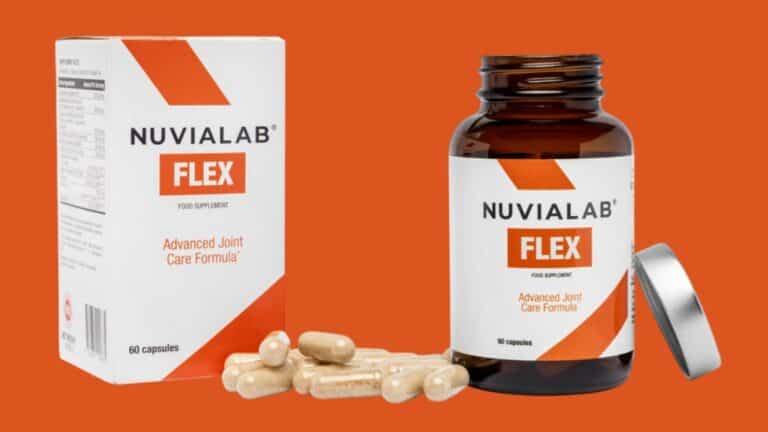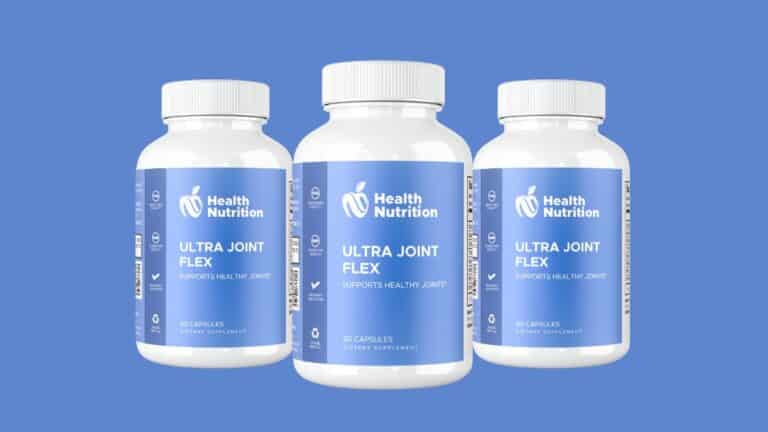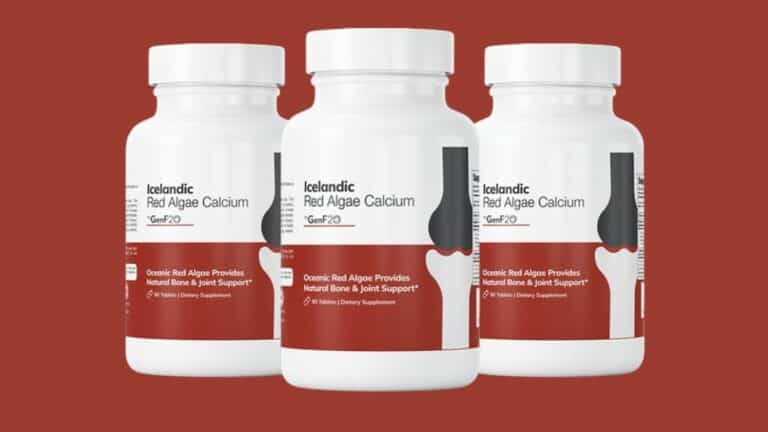In the quest for weight loss, many people look for natural solutions that can complement their diet and exercise regimen. Cinnamon, a popular and versatile spice, has recently gained attention for its potential weight-loss benefits. Although cinnamon alone cannot magically melt away fat, research shows that incorporating this spice into your lifestyle can enhance your efforts. This post will explore how cinnamon works, its potential benefits, and how it can be used to support a healthy weight-loss journey.
Understanding Cinnamon’s Role in Weight Loss
Cinnamon has been used for centuries in various cultures for its medicinal properties, including its role in treating conditions such as diabetes and inflammation. Recent research indicates that cinnamon can also aid weight loss through several mechanisms:
- Boosting Metabolism: Cinnamon has thermogenic properties, meaning it can increase your body’s heat production, causing it to burn more calories. This natural metabolism booster helps your body utilize energy more efficiently, making it a powerful ally in weight management.
- Improving Insulin Sensitivity: One of the primary ways cinnamon aids in weight loss is by improving insulin sensitivity. Insulin is a hormone that regulates blood sugar levels, and when the body becomes resistant to it, excess glucose is stored as fat, leading to weight gain. Cinnamon can help reduce insulin resistance, improving your body’s ability to regulate glucose levels, and in turn, preventing fat storage.
- Reducing Cravings: Cinnamon has been shown to reduce sugar cravings and appetite, making it easier to stick to a healthy eating plan. Its high fiber content can also promote satiety, helping you feel fuller for longer and avoid overeating.
- Reducing Inflammation: Chronic inflammation is linked to various metabolic issues, including weight gain. Cinnamon’s anti-inflammatory properties can help reduce inflammation, which may contribute to more effective weight management.

The Science Behind Cinnamon’s Fat-Burning Potential
Several studies have explored cinnamon’s impact on fat loss and metabolic health:
- A study published in the Journal of Diabetes Science and Technology found that cinnamon can enhance insulin sensitivity, thereby helping to regulate blood sugar levels and prevent excess fat accumulation.
- Research conducted at the University of California, Davis, showed that cinnamon can lower fasting blood glucose levels, another key factor in managing weight.
- A 12-week study on overweight individuals revealed that cinnamon supplementation reduced body weight, waist circumference, and body mass index (BMI).
Additionally, cinnamon has been shown to promote the browning of fat cells. Brown fat, which burns energy to produce heat, is considered “good” fat because it helps maintain body temperature and reduce white fat (commonly stored in the belly area). Consuming cinnamon may help convert white fat into brown fat, supporting weight loss efforts.
How to Use Cinnamon for Weight Loss
Incorporating cinnamon into your daily routine is simple and versatile. Here are some effective ways to use this spice for weight loss:
- Cinnamon Tea: Drinking cinnamon tea is an excellent way to enjoy the benefits of this spice. Simply boil a cinnamon stick or a teaspoon of ground cinnamon in water, strain, and enjoy. For an added boost, mix in a teaspoon of honey or lemon juice. This beverage helps kickstart metabolism, making it ideal to consume in the morning or before meals.
- Cinnamon Water: Another easy way to integrate cinnamon into your diet is by drinking cinnamon water. Steep a cinnamon stick in hot water and let it cool before drinking. You can consume this drink throughout the day as a replacement for sugary beverages, helping to control sugar cravings and reduce calorie intake.
- Cinnamon and Honey: The combination of cinnamon and honey is believed to boost metabolism and assist with fat loss. Mix half a teaspoon of cinnamon powder with a teaspoon of honey in warm water and drink it in the morning on an empty stomach. This drink can provide an energy boost and reduce hunger pangs throughout the day.
- Cinnamon and Apple Cider Vinegar: Combining cinnamon with apple cider vinegar creates a potent weight-loss drink. Add half a teaspoon of cinnamon to a cup of water, bring it to a boil, and allow it to cool before adding a teaspoon of apple cider vinegar. This drink can help regulate blood sugar levels and improve digestion, promoting overall health and weight management.
- Cinnamon Smoothies: Add cinnamon to your favorite smoothie recipe to enhance the flavor and boost your metabolism. It pairs well with fruits like bananas, berries, and apples, as well as greens like spinach and kale. The fiber and antioxidant content of cinnamon and these fruits can help reduce fat accumulation and promote digestion.
- Cinnamon Oats: Start your day with a healthy breakfast by adding cinnamon to your oatmeal. Not only does it enhance the taste, but it also helps you feel full for longer and keeps blood sugar levels stable. Avoid adding sugar to your oats, as the cinnamon provides natural sweetness.

Health Benefits Beyond Weight Loss
In addition to aiding weight loss, cinnamon offers several other health benefits:
- Regulates Blood Sugar Levels: Cinnamon’s ability to improve insulin sensitivity makes it beneficial for people with diabetes or those at risk. It helps your body use and store glucose more effectively, preventing blood sugar spikes and crashes.
- Promotes Heart Health: Cinnamon has been shown to lower LDL cholesterol (the “bad” cholesterol) and triglyceride levels, reducing the risk of heart disease. By improving circulation and lowering blood pressure, cinnamon can support overall cardiovascular health.
- Rich in Antioxidants: Cinnamon is packed with antioxidants, which help protect the body from oxidative stress caused by free radicals. These antioxidants can reduce the risk of chronic diseases such as cancer and heart disease.
- Anti-inflammatory Properties: The anti-inflammatory compounds in cinnamon can reduce inflammation, which is linked to conditions like arthritis, heart disease, and certain cancers. By lowering inflammation, cinnamon helps promote overall well-being.
- Boosts Immunity: Cinnamon’s antimicrobial and antifungal properties make it an effective natural remedy for fighting infections, such as the common cold, flu, and certain skin conditions.
Potential Side Effects and Precautions
While cinnamon offers many health benefits, consuming too much can lead to adverse effects. The most common side effects of excessive cinnamon intake include:
- Gastrointestinal distress, such as nausea and vomiting
- Skin irritation or allergic reactions
- Interactions with medications like blood thinners (especially cassia cinnamon, which contains higher levels of coumarin)
It’s important to use cinnamon in moderation and consult with a healthcare professional before incorporating it into your diet, especially if you are pregnant, breastfeeding, or taking medication.

Conclusion: A Powerful Ally in Your Weight Loss Journey
Cinnamon is a versatile spice that offers numerous benefits for those looking to lose weight or improve their overall health. By boosting metabolism, improving insulin sensitivity, and reducing cravings, cinnamon can complement a balanced diet and regular exercise routine. However, it’s essential to remember that cinnamon alone cannot result in significant weight loss—it should be part of a holistic approach that includes healthy eating and an active lifestyle.
As with any supplement, moderation is key. Incorporate cinnamon into your daily routine in safe amounts, and enjoy its delicious flavor while reaping the health benefits.
Frequently Asked Questions (FAQs) about Cinnamon for Weight Loss
How does cinnamon help with weight loss?
Cinnamon helps with weight loss by boosting metabolism, improving insulin sensitivity, and reducing cravings, which can lower calorie intake and promote fat burning.
Can I lose belly fat by using cinnamon?
While cinnamon can support overall fat loss and may reduce waist circumference, it does not specifically target belly fat. Combining it with exercise and a balanced diet is essential.
How much cinnamon should I consume daily for weight loss?
It’s generally safe to consume 1-2 teaspoons of ground cinnamon or 1-inch cinnamon bark per day. However, it’s best to consult a healthcare professional for personalized advice.
Is it safe to take cinnamon every day?
Yes, consuming cinnamon in moderation (1-2 teaspoons per day) is safe for most people. However, excessive consumption can cause side effects such as gastrointestinal distress and interact with certain medications.
Can I drink cinnamon water on an empty stomach?
Yes, drinking cinnamon water on an empty stomach can help boost metabolism and reduce cravings. It is often consumed in the morning to maximize weight-loss benefits.
Does cinnamon reduce sugar cravings?
Yes, cinnamon can help regulate blood sugar levels and reduce cravings for sugary foods, making it easier to maintain a healthy diet.
Can cinnamon replace exercise for weight loss?
No, cinnamon cannot replace exercise. While it supports metabolism and fat loss, regular physical activity is essential for sustainable weight loss.
Are there any side effects of consuming too much cinnamon?
Excessive cinnamon intake can lead to side effects such as nausea, liver issues, and skin irritation. It can also interact with medications like blood thinners.
Which type of cinnamon is best for weight loss?
Ceylon cinnamon is considered the best option for regular consumption due to its lower coumarin content, which is safer for long-term use compared to cassia cinnamon.
Can I use cinnamon supplements for weight loss?
Yes, cinnamon supplements are available, but it’s important to consult a healthcare provider before using them to ensure proper dosage and avoid potential side effects.
References
- Qin, B., Panickar, K. S., & Anderson, R. A. (2010). Cinnamon: Potential role in the prevention of insulin resistance, metabolic syndrome, and type 2 diabetes. Journal of Diabetes Science and Technology, 4(3), 685–693. https://pubmed.ncbi.nlm.nih.gov/21480806/
- Kiziltas, H., & Bayraktar, F. (2020). Cinnamon supplementation and type 2 diabetes: Current evidence from clinical trials. Diabetes & Metabolism Journal, 45(1), 72–81. https://www.ncbi.nlm.nih.gov/pmc/articles/PMC7859251/
- Ranasinghe, P., Pigera, S., Premakumara, G. A. S., Galappaththy, P., Constantine, G. R., & Katulanda, P. (2013). Medicinal properties of ‘true’ cinnamon (Cinnamomum zeylanicum): A systematic review. BMC Complementary and Alternative Medicine, 13, 275. https://www.ncbi.nlm.nih.gov/pmc/articles/PMC3767714/
- Qin, B., Panickar, K. S., & Anderson, R. A. (2010). Cinnamon: Potential role in the prevention of insulin resistance, metabolic syndrome, and type 2 diabetes. Journal of Diabetes Science and Technology, 4(3), 685–693. https://www.ncbi.nlm.nih.gov/pmc/articles/PMC2901047/
- Cohen, J. L., Nesbit, A. G., Alper, J. S., & Almario, D. A. (2019). Effects of cinnamon on glucose, insulin, and lipids in type 2 diabetes: A systematic review. Journal of the Academy of Nutrition and Dietetics, 119(4), 614–626. https://pubmed.ncbi.nlm.nih.gov/30799194/
- Medical News Today. (2017, September 28). What are the health benefits of cinnamon? https://www.medicalnewstoday.com/articles/318382
- News-Medical. (2022, January 26). Does cinnamon help with weight loss? https://www.news-medical.net/health/Does-Cinnamon-Help-with-Weight-Loss.aspx







